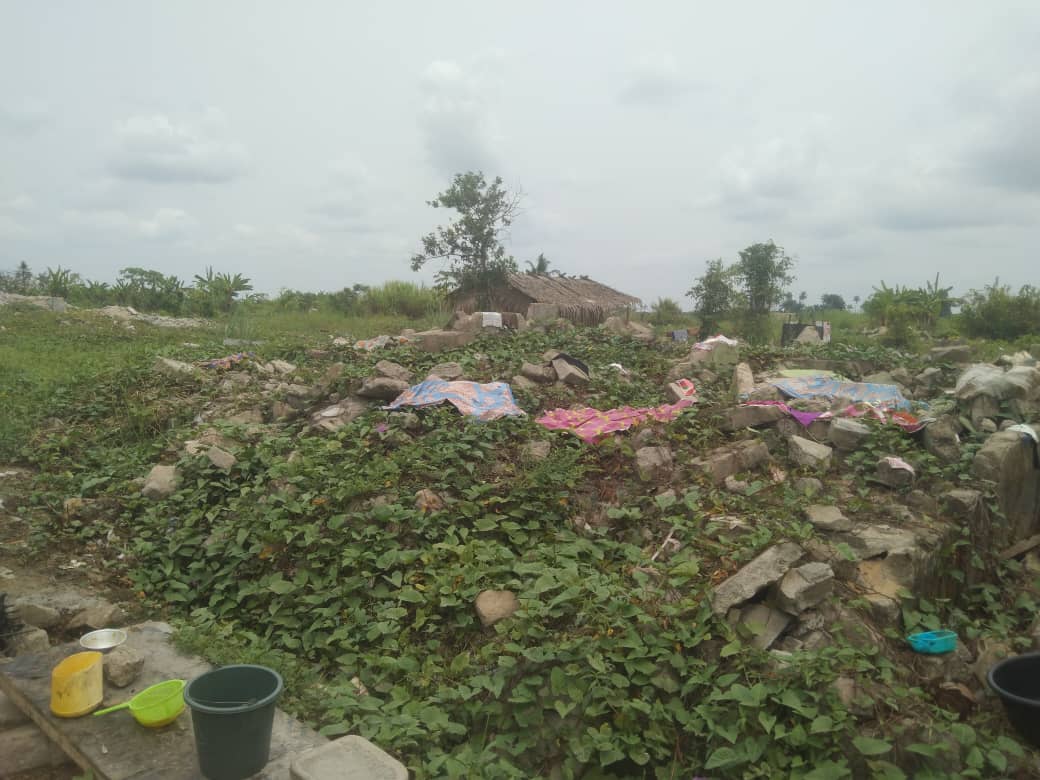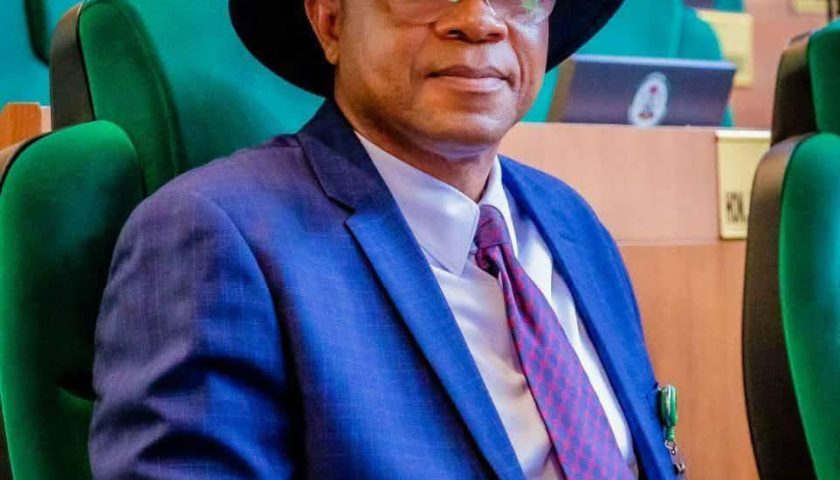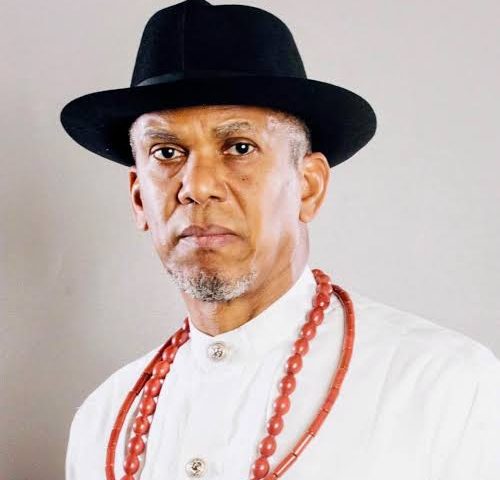By Moses Darah
I had a phone conversation with my brother, Comr. Daniel Etaga, about the dire plight of the Okuama people in Ughelli South Local Government Area of Delta State, who have returned to a community devastated beyond recognition.
Etaga shared with me deeply distressing videos and photos from his recent visit to the Community. Words cannot fully describe the suffering of the Okuama people who now live in the ruins of their once-thriving town.
There are no houses, no hospital, no school, no market, no fishing tools, no clothes, no water, no boats, no farms, and absolutely nothing to eat.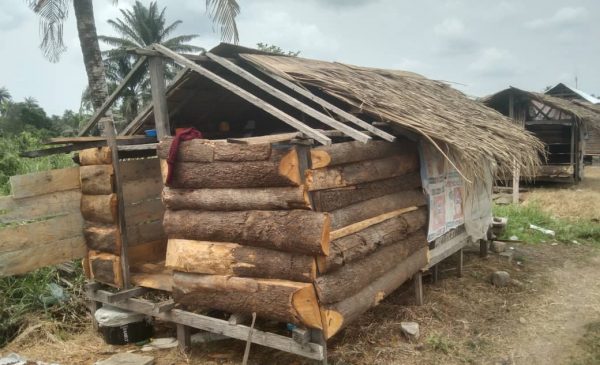
Etaga recounted that during his visit, one woman tragically died from exposure to the cold, and a young lady gave birth that same morning—without any medical assistance or shelter.
We could not help but ask: Is Okuama still part of Nigeria? If it is, how then can its people be so utterly abandoned—to suffer for a crime they did not commit?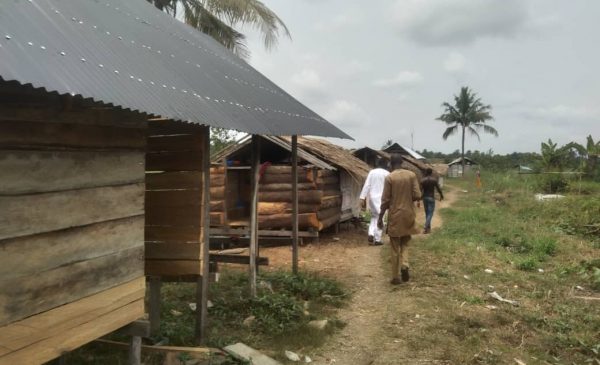
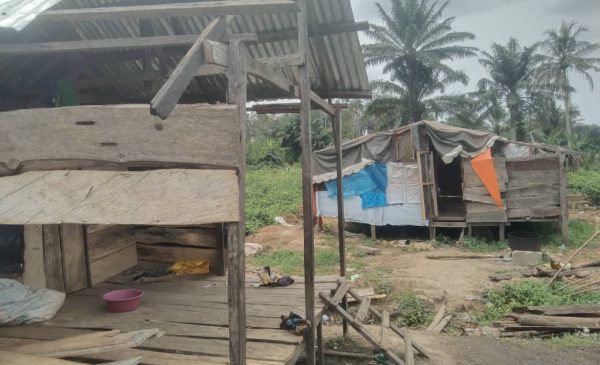
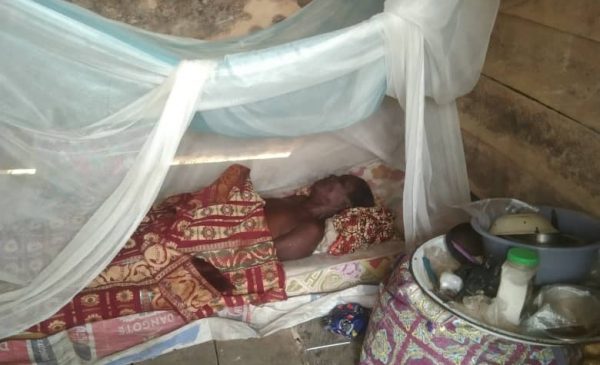
We both agreed that the humanitarian crisis in Okuama today is even more severe than what some communities have faced under Boko Haram, banditry, and herdsmen attacks—crises which have, at least, drawn some level of government response over the years.
The Okuama people are in urgent need of medical care, food, shelter, a functional clinic, and access to education. Their condition demands immediate action from government authorities, humanitarian agencies, and compassionate Nigerians everywhere.


